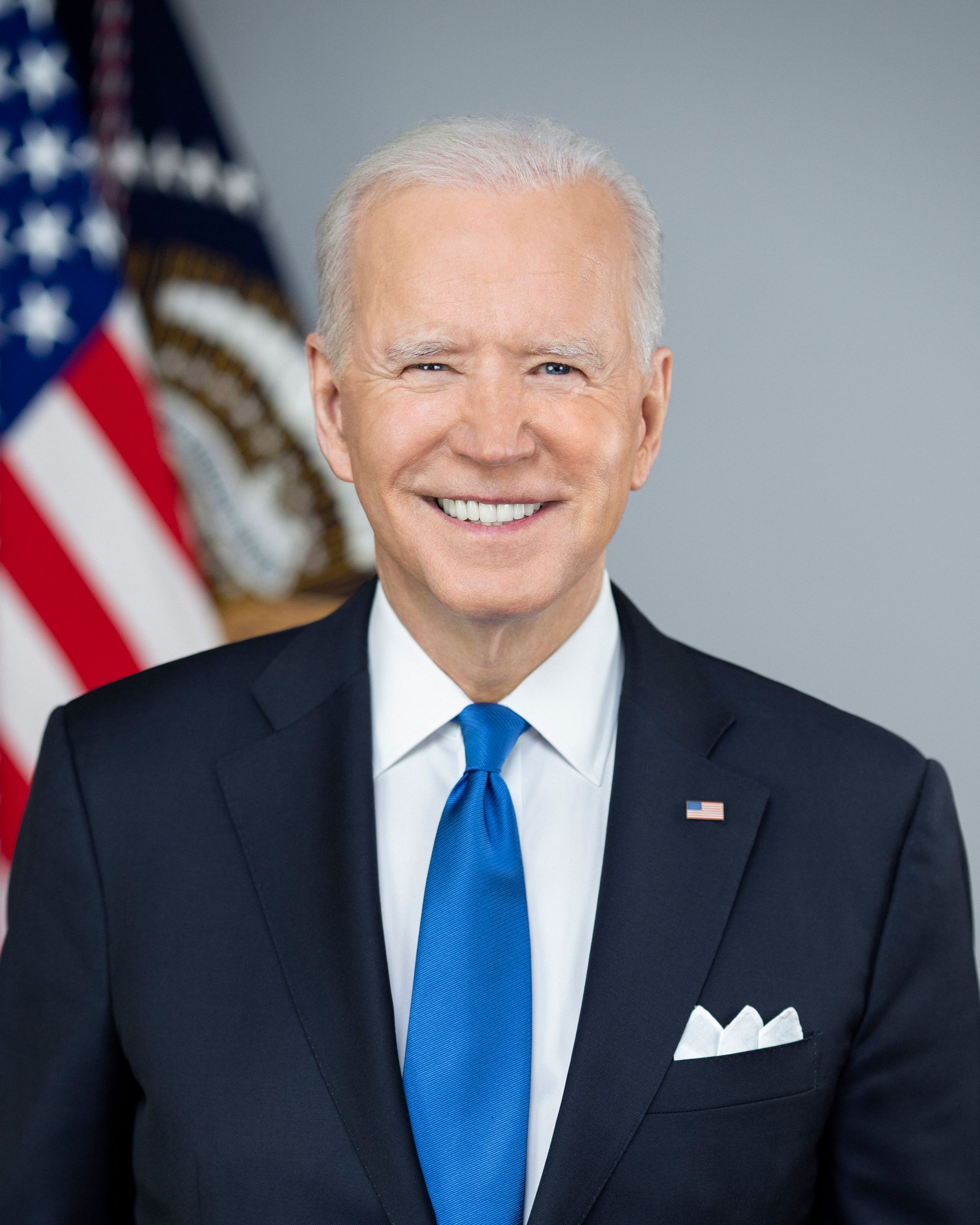By Stuart Stevens
I am revisiting the topic of patience this week and will probably circle around here a few more times between now and the fall.
For those of you who’ve seen today’s NYTimes poll, you know why today is a good day to touch on this topic rather than falling into a depression or panic.
We’re all bombarded by so much not terribly relevant information or thoughtful, informed commentary on social media, and coming from the media, it’s a constant challenge to weigh the relative value and accuracy of the information.
In short, most of it doesn’t matter. It’s noise. It’s clickbait. It’s a lot of desperate pleas for attention and a willingness to say and do just about anything to get some.
With the exception of a few notable folks who really understand polling and take the time to explain the sample size and type and what the resulting data tell us (See Simon Rosenberg’s Hopium Chronicles), it’s mostly hair-on-fire, breathless babble. For most, the goal is to get you engaged (fear) but not particularly informed (rational thought).
But before I go any further, I’ll ask you to practice patience while I welcome our new members to Resolute Square! Your support is greatly appreciated, and your engagement will help save our democracy. Thank you. You have our gratitude - and that of future generations who just don’t know it yet.
You don’t need to look far to see a Biden supporter who is worried - perhaps the mirror is far enough. For some, it verges on panic. A little worry is good. It staves off complacency. When I was doing a campaign and someone would ask me, “Are you worried about…?” I’d stop them there and answer, “Yes.” My job was to worry about everything, but my value was knowing the degree of worry to have about each potentiality and how much attention and effort to spend addressing it.
Am I worried about today’s New York Times poll? Not really. Should you be? Definitely no.
You’ve heard all of us at the Lincoln Project and Resolute Square say it a thousand times: polls are a snapshot in time, not a predictor or even a terribly accurate reflection of a race. Campaigns are fluid, and all polls aren’t created equal. Trends matter. One poll is not a trend.
As I look at trends and the overall state of the race, I would consistently be far happier to be where Biden is than Trump - for a number of reasons, but we’ll just focus on the race. When “likely voters” are polled, as opposed to “registered voters,” Biden’s numbers are strong and gaining ground. Likely voters are just that - the voters who are likely to vote. It’s better to be ahead with people who are likely to vote than those who are registered but aren’t consistent voters.
There is no reason to believe that people who do not normally vote are going to decide this is the election when all that changes.
Voting against someone isn’t enough to dramatically change behavior, and Trump bringing in new customers (voters who want what he’s selling) is a tougher sell than a Trump steak.
It’s also important to understand that Biden doesn’t need to have a significant lead -or any lead - now. I have more concern about him peaking too soon than being behind or even in mid-May. It's better to come out strong with a comeback momentum story post-Democratic Convention and ride that wave to November. Peaking now and generating a second peak is far more challenging.
Remember, in 2020, Joe Biden was trounced in the early primaries. He is now running for reelection. May - November is an eternity.
The most underrated quality in politics (like investing) is patience. A campaign in America in 2024 is a multi-billion-dollar business that only lasts three weeks. Most political commentary, amateur and professional, is provided by those who rush to sell stocks when the market drops. Don’t be those people. Politics isn’t a day traders’ game.
The Biden campaign understands this, and patience guided them to become the first campaign to defeat a sitting president not in the federal funding system (which greatly leveled the playing field) since Herbert Hoover.
The nightly question you ask yourself in a campaign is, would I rather be my campaign or the other campaign?
I never advocate overconfidence because we are all going to need to give this election everything we’ve got until the votes are all cast and counted in November, but I’d rather be us than them - because we are right, they are wrong, and we are going to win.












